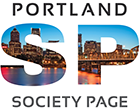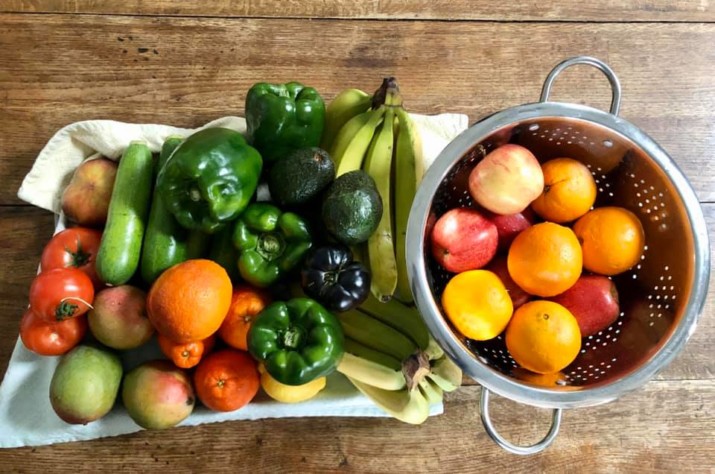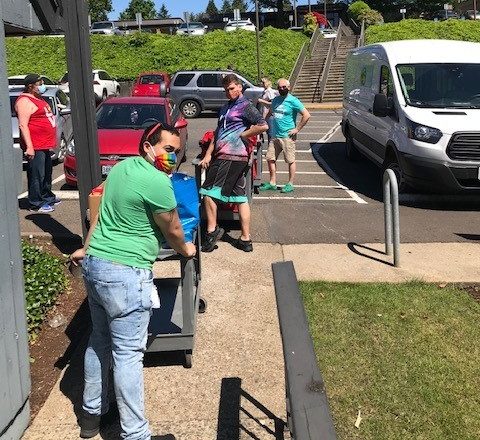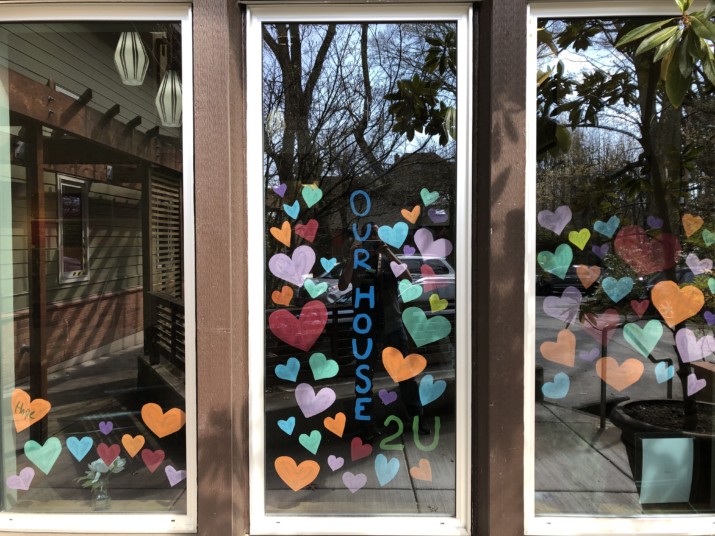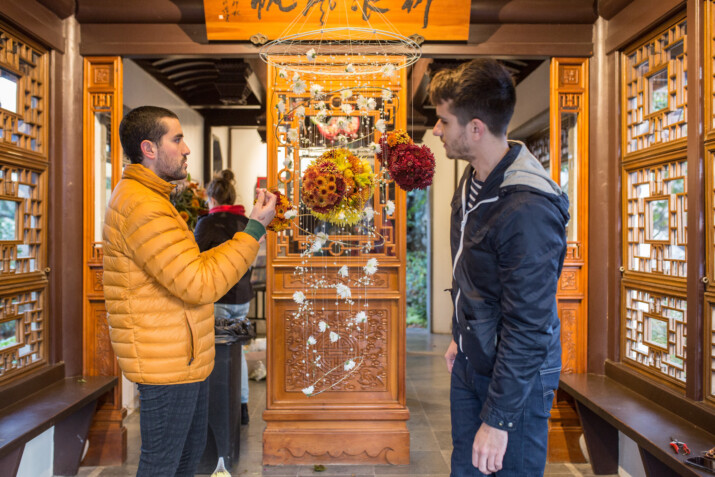Portland, OR. The nonprofit Our House provides services to people with HIV including healthcare, housing, occupational therapy, and other vital resources like a food pantry. Now during the pandemic, the Our House food pantry called Esther’s Pantry is helping the larger community. With Esther’s Pantry lifting its usual HIV positive requirement, it has been able to serve 200 community members per week; four times the usual number.
The Portland residential facility serving HIV affected people has continued to operate during COVID even without the support of its 230 volunteers. Director of Development and Communication Dana Kinney said that COVID has been a “great pause,” in which Our House has looked more deeply at its position in the community. The organization typically partners with local restaurants and wineries in its fundraising Dinner Series but realizes it cannot ask for support from these businesses when they are financially struggling.
“Moving forward, I see more of a multi-beneficial kind of relationship with our community, more than just our community supporting us, but flipping the narrative a little bit and supporting the community,” Kinney said. “We’ve been able to take this situation, this really unknowing situation, and create all these new innovative ways to connect.”
“The community out at Esther’s Pantry has been phenomenal. We have all these great new community partners, stores and shops that are donating to us, community members that have stepped up,” Kinney said. “Our granters and funders have stepped up, and we’re seeing two to three times the amount of people.”
While the residential facility cannot accept volunteers due to the vulnerability of its residents, Esther’s Pantry still needs community members to help keep it functioning. Additionally, in light of recent Black Lives Matter activism, Our House is interrogating its racial composition and asking how it can better serve the broader community.
“When over 90% of the clients we serve are self-identifying as white people, we are missing something,” Kinney said. “Especially since we know people of color, especially Black people, are disproportionately impacted by HIV.”
Our House has also employed new technology to keep its Neighborhood Housing and Care program functioning. This program helps people living with HIV live independently and usually relies on social workers going into clients’ homes. Now, devices similar to iPads, but far simpler, are keeping caregivers, clients, and families connected via phone trees and Zoom calls.
Kinney said that despite the physical distance, she feels more connected than ever to her coworkers. Now they talk about topics beyond work and do personal check-ins to see how everyone is doing.
“I don’t know what the future of Our House is, but it’ll be here because there’s a need,” Kinney said. “That’s what social service programs do: the government isn’t able to fulfill a need so we step up and do it.”
From Our House:
Our House inspires people with HIV to LIVE WELL. Our House provides integrated health and housing services to people with HIV/AIDS. Guided by compassion, collaboration, and respect, we provide 24-hour specialized care, supportive services, and independent housing with support services.
